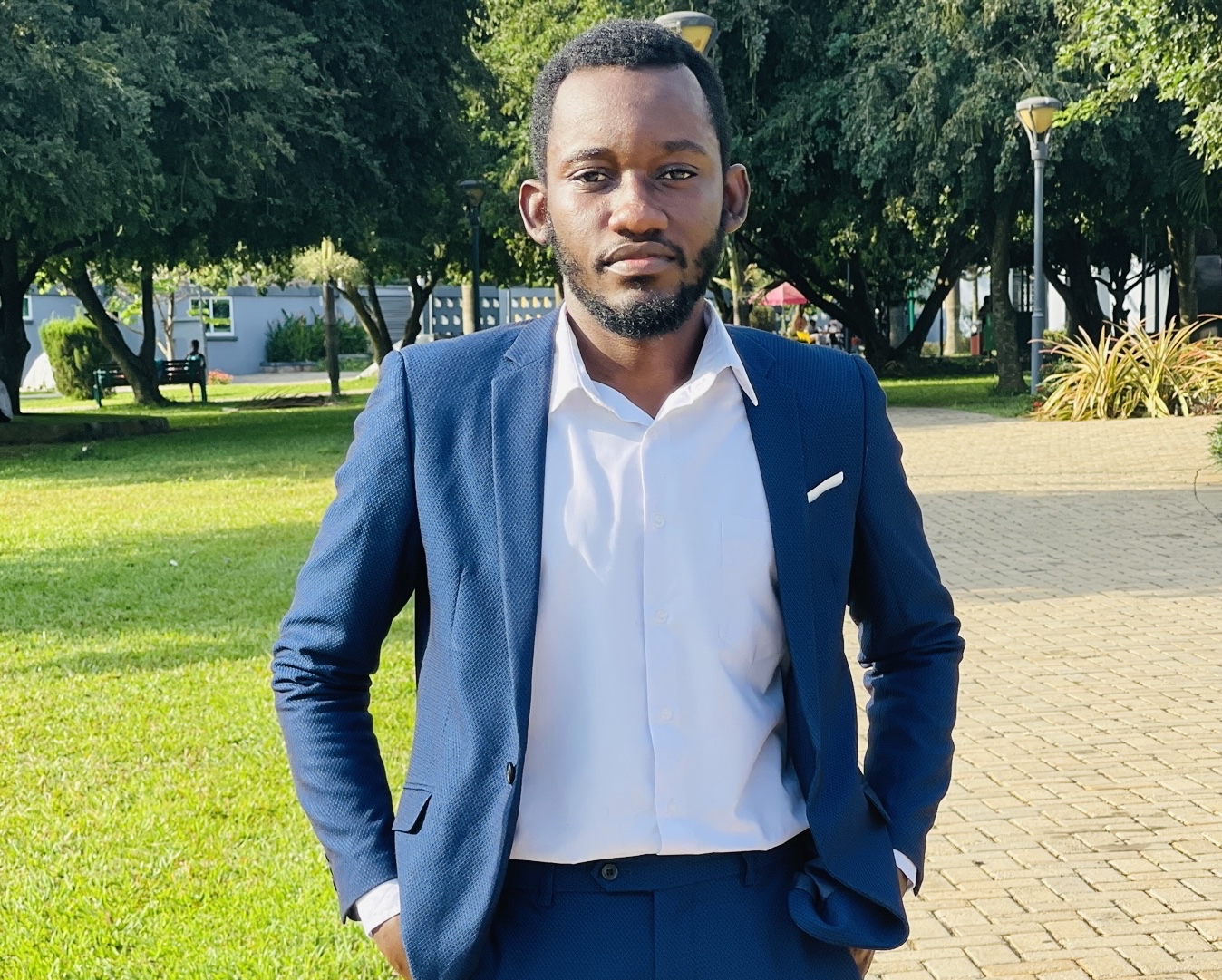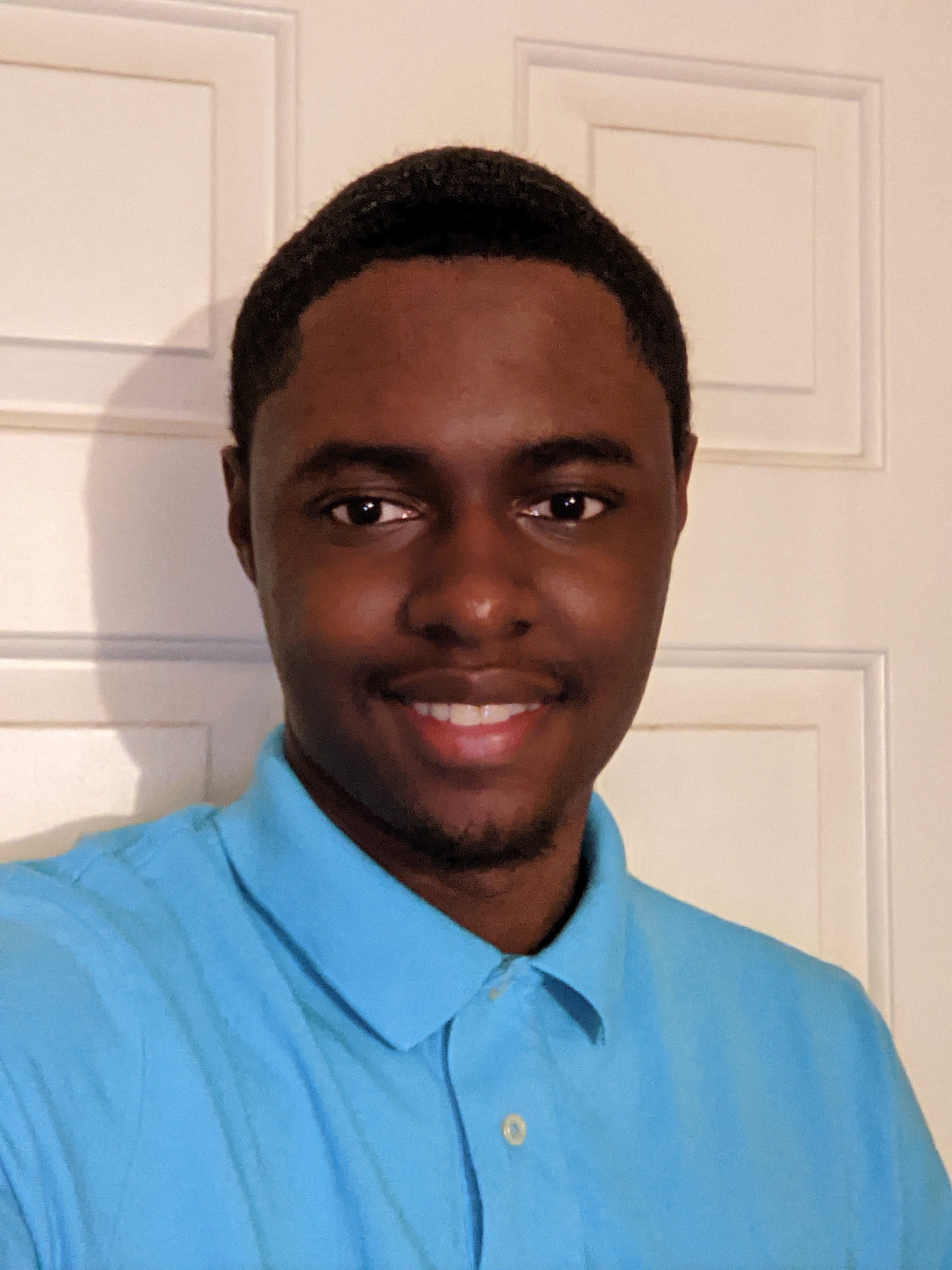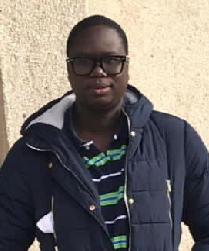ROSEE: Cognitive Monitoring Systems using Intelligent Robots and Sensors in Dynamic Extreme Environments
This project is supported by the National Science Foundation under grant No. HRD1953460.
Intellectual Merit
This project makes theoretical and empirical contributions to wireless sensing in extreme environments. Specifically, it advances our knowledge in the following directions: 1) wireless communication systems will be developed for robots in metallic pipes and sensors in the underground soil, which will facilitate the design ofcognitive monitoring system in extreme environments; 2) an extreme environment monitoring network will be developed using sensors and robots and the robot’s motion, sensing, and communication will be jointly optimized to minimize the energy consumption while ensuring the quality-of-service, which can reveal the fundamental interplay of sensors and robots in cooperative and cognitive sensing; 3) to ensure the network robustness, dynamic changes of extreme environments will be considered and adaptive machine learning algorithms will be developed to optimally control the wireless network; and 4) the proposed solutions will be validated by developing and deploying a software-defined testbed in a controllable soil tank, which can bridgethe gap between theoretical design and practical implementation.
Broader Impacts
This project will develop theories, algorithms, and platforms for wireless cognitive monitoring in dynamic extreme environments using intelligent robots and sensors. It is expected to advance our knowledge of integrating robots and sensors to accomplish dirty, dangerous, and dull tasks. The research solutions can be applied to various essential applications in extreme environments such as underground aquifer monitoring, underwaterpipeline monitoring, offshore infrastructure monitoring, and nuclear plant mitigation. Undergraduate student research will be integrated into this project, which aims to train their research skills, enhance their learningstyles, and prepare them for advanced studies and professional career development. Approximately ten undergraduate students and graduate students will also be involved in this project. New course materials will be developed to stimulate students’ interest and promote their learning experience at both undergraduate andgraduate levels. The PI will also collaborate with Mathematics faculty to develop electrical engineering examples from this project for students from all STEM majors. Community outreach activities will be leveraged to attract K-12 students to pursue STEM education and broad participation in computing and engineering. Theoutcome of this project will be published and shared with the research community.
Participants

Jordan Atta Nuako MS EEE, 2022 -

Marcus Allen Junior EEE, 2022 summer

Jarvis Turner Senior EEE, 2022 summer

Javionn Ramsey Senior EEE, 2022 summer

Chevel Samuels Sophomore EEE, 2022 summer

Jonathan Akafua MS. EEE, 2021 -

Ryan Chapman Senior EEE, 2020 -

Dontez Vann Senior EEE, 2022 -
Albert Ofori
MS. EEE ( Intern: Amazon, NSU Outstanding Graduate Student for Research)
2020 - 2021

Marlin Prince
Senior EEE
2020 Summer

Terrel Washington
Sophomore CS
2020 Summer

Mario Alcaraz 2020 - 2021

Bruna Goncalves 2020 Spring and Fall

Chey’na Bunch 2020 Fall and 2021 Spring

Steven Pringle 2020 Fall and 2021 Spring
Publications
Joint Channel and Antenna Modeling for Magnetic Induction Communication in Inhomogeneous Media
H. Guo and A. A. Ofori
IEEE Open Journal of the Communications Society, 2020.BER Analysis and Optimization of Direct Antenna Modulation for Magnetic Induction Communication
R. Chapman, M. Prince, and H. Guo
IEEE Radio Wireless Week (RWW), virtual, Jan. 2021Sequential Task Allocation with Connectivity Constraints in Wireless Robotic Networks
H. Guo and A. A. Ofori
IEEE International Workshop on Wireless Communications and Networking in Extreme Environments,July 2021A Design of Wireless Communication and Wireless Energy Transfer System for In-Pipe Robots
J. Akafua, R. Chapman, and H. Guo
2021 IEEE International Conference on Wireless for Space and Extreme Environments (WiSEE). IEEE, 2021.
